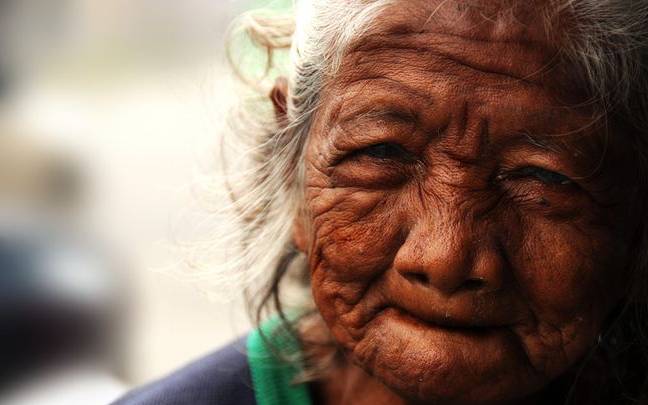×
The Standard e-Paper
Stay Informed, Even Offline

How long would you like to live? Is it for 80, 100 or perhaps 150 years?
Well, experts now believe it is possible for humans to live 150 years, thanks to advances in medicine and technology.